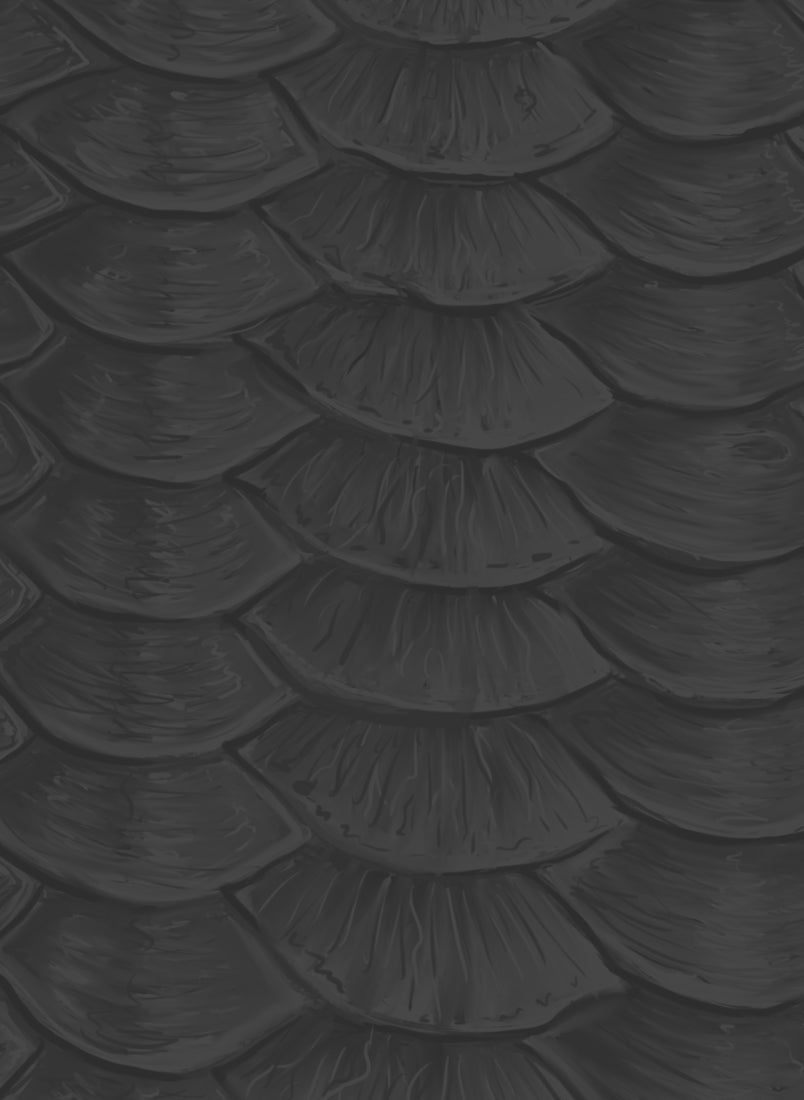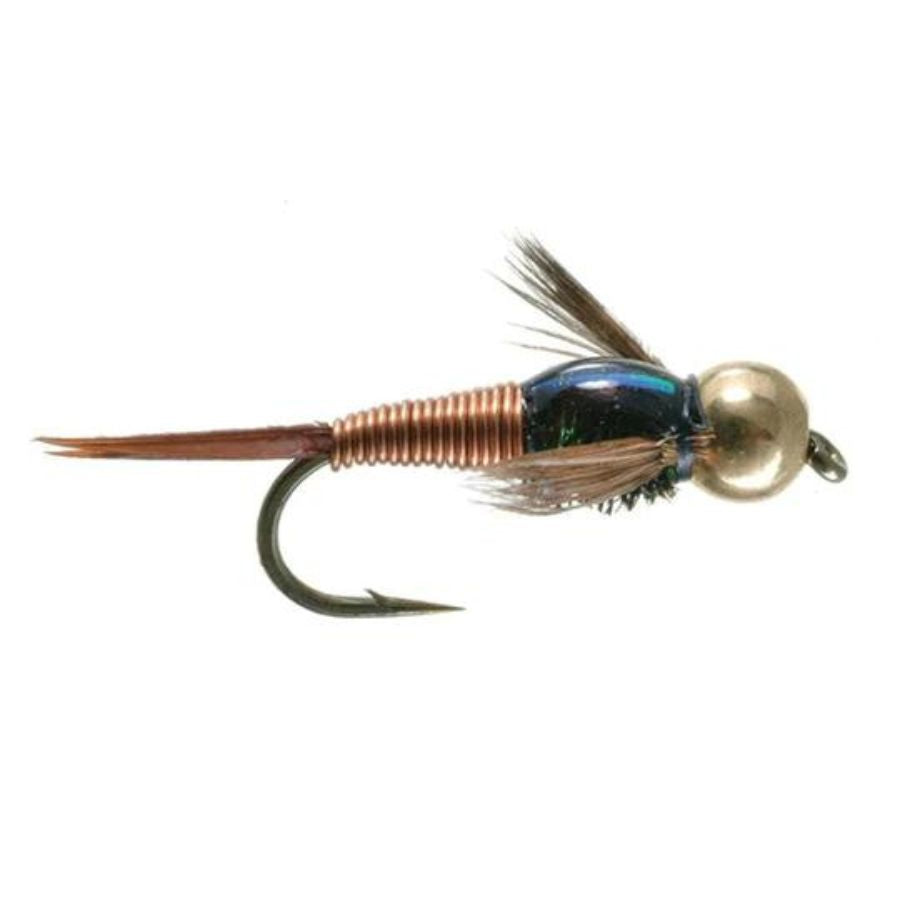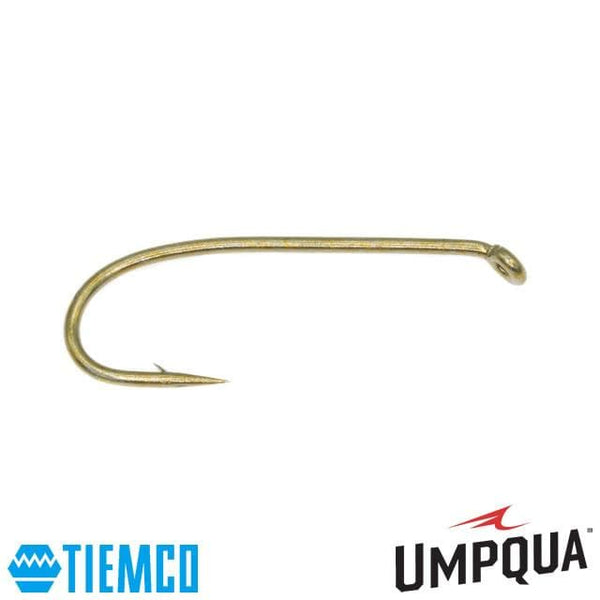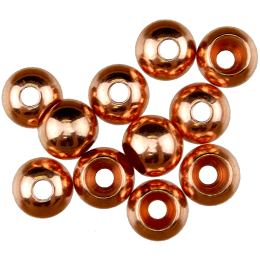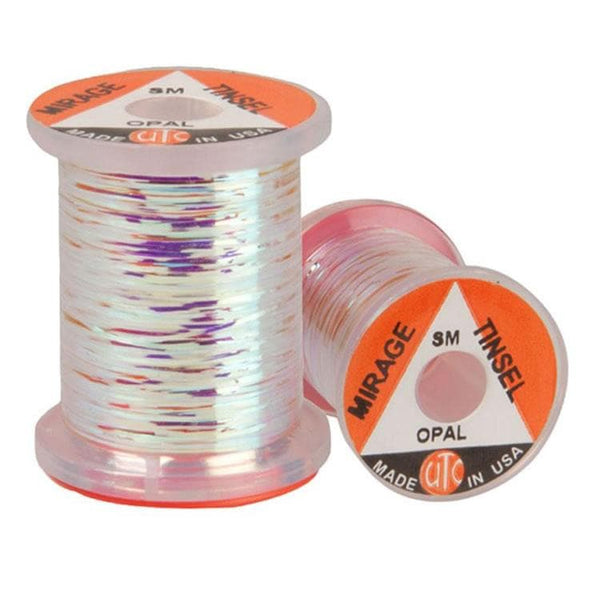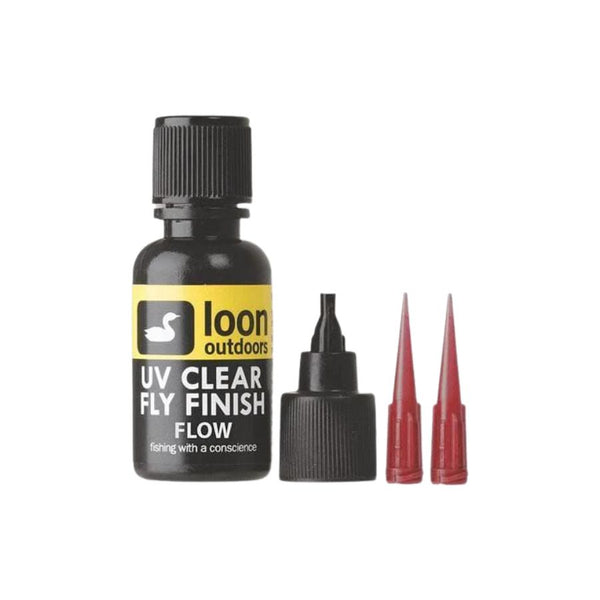



Copper John
 In Stock • Bozeman, MT
In Stock • Bozeman, MT





Description
The Copper John is one of the most effective and widely used modern nymph patterns, originally developed by Colorado angler John Barr in the 1990s. Designed to sink quickly and get down to feeding fish, its wire-wrapped body and bead head give it a dense, slim profile perfect for fast-moving water. While it doesn’t imitate any single insect exactly, the Copper John is a highly suggestive mayfly or stonefly imitation, making it versatile across a wide range of conditions. The combination of flash, segmentation, and weight makes it a deadly attractor pattern, especially when fish are feeding subsurface. Whether fished solo or as part of a nymph rig, the Copper John earns its place in nearly every trout angler’s fly box.
From the tyer:
"When I first started nymph fishing in the 1970's my favorite fly was the Brassie. The style I used was simply copper wire wrapped on the shank of a hook and nothing else. The fly sank fast and it caught fish. Nymph patterns evolved greatly in the following years but when I started designing the Copper John I thought back to the Brassie that I used when I first started nymph fishing with an indicator. I thought that a shank wrapped with copper wire might be a good place to start. I then added other materials so it would look more like a fly. After many designs and material changes I ended up with a pattern that I thought might work. It had stonefly nymph style biot tail, a copper wire abdomen, peacock here thorax, partridge legs, a turkey quill wing case with a strip of pearl flashabou pulled over the top which was coated with epoxy and a brass bead. I felt the fly was ready to be field tested. I tied a 3 foot section of 4x tied to the hoo bend of the hopper and attached the prototype nymph(no name at that point) I added 10 inches of 5x of the hook bend of the nymph and attached a dropper that represented an immature stage of the revealing aquatic insect activity at the time. I fished the set up in a number of different rivers with a variety of droppers below the new nymph. I was blown away by how well it worked. The new nymph sank rapidly and carried the smaller unweighted pattern down with it. The new pattern was very visible in the water and no doubt fish readily saw the new nymph and the small dropper nymph that otherwise they might not have noticed. The late Bruce Olsen of Umpqua Feather Merchants gave the fly its name, the Copper John. Over the years there have been material changes and different versions but the basic concept and design has remained unchanged. Wapsi's Thin Skin replaced the turkey quill for the wing case. Synthetic peacock dubbing replaced the peacock her for the abdomen and hen back fibers replaced the partridge for the legs. I tied the original Copper John with natural copper wire and in the following years Wapsi introduced a variety of colors in their Ultra Wire line and I added more colors, most notably red and other versions including rubber legged models followed." - John Barr
Hook/Thread: Tiemco 3761 Nymph Hook / Uni 8/0 Thread
Bead: Spirit River Brite Beads
Thorax: Peacock Herl
Body: Ultra Wire Small
Tail: Goose Biots
Wing: Pheasant Tail Fibers
Flashback: Mirage Tinsel
Resin: Loon UV Clear Fly Finish Flow





